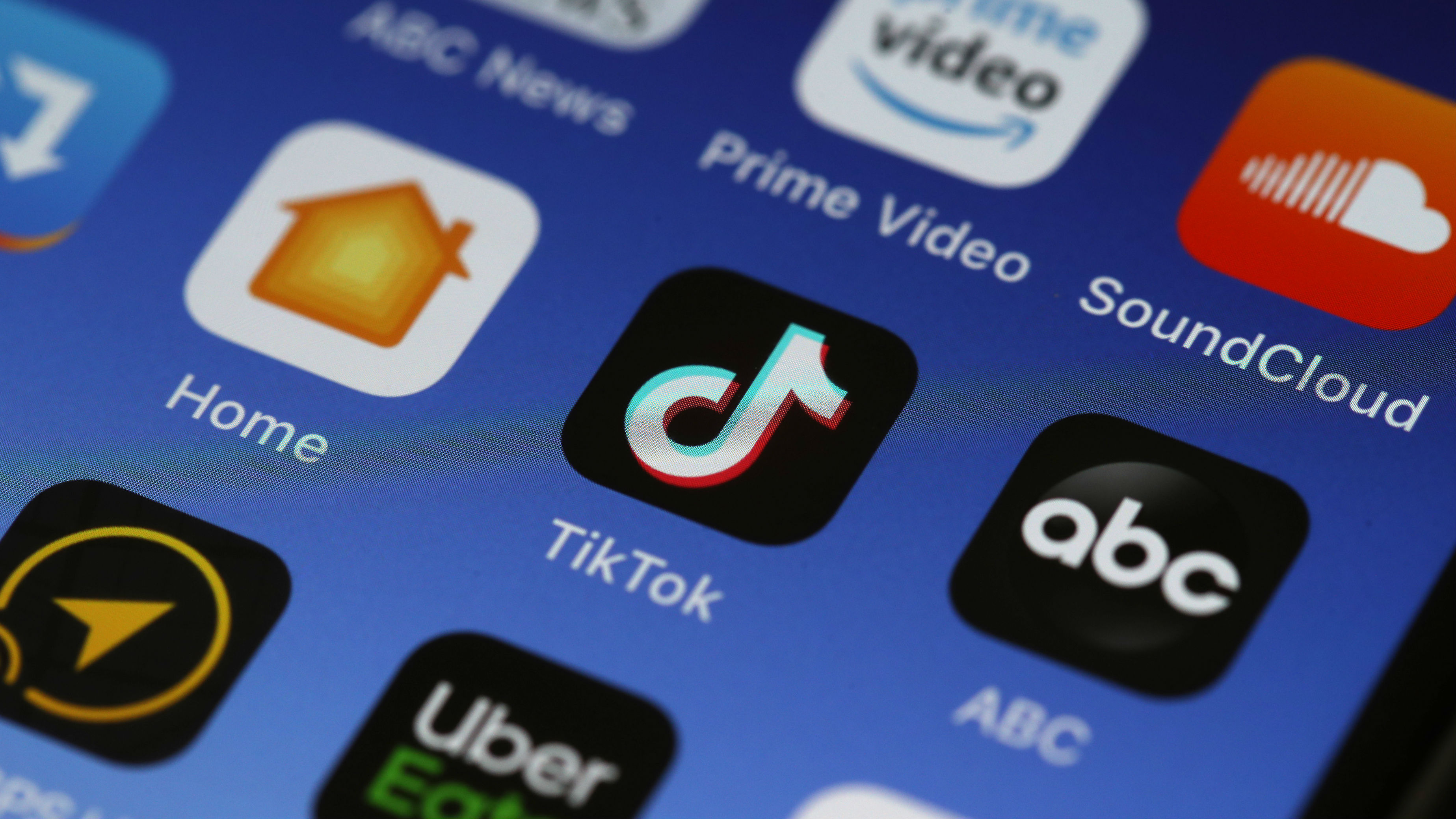Why the US Army’s use of TikTok is causing concern
Congress alerts military officials over possibility of Chinese government using social media to harvest personal data of recruits

A free daily email with the biggest news stories of the day – and the best features from TheWeek.com
You are now subscribed
Your newsletter sign-up was successful
Lawmakers in the US have expressed concern over its military’s use of Chinese video-sharing app TikTok, claiming users’ personal data could be being harvested by Beijing.
The US Army has reportedly been using the app, which allows users to publish short videos from their mobile phones, as part of a new campaign to recruit young people into the service. But politicians have warned that Chinese data laws may put personal information at risk.
Senate Minority Leader Chuck Schumer said on Tuesday that the Army must “assess the potential national security risks posed by China-owned technology companies” in light of “laws that compel Chinese companies to support and cooperate with intelligence work controlled by the Chinese Communist Party”, Reuters reports.
The Week
Escape your echo chamber. Get the facts behind the news, plus analysis from multiple perspectives.

Sign up for The Week's Free Newsletters
From our morning news briefing to a weekly Good News Newsletter, get the best of The Week delivered directly to your inbox.
From our morning news briefing to a weekly Good News Newsletter, get the best of The Week delivered directly to your inbox.
–––––––––––––––––––––––––––––––For a round-up of the most important stories from around the world - and a concise, refreshing and balanced take on the week’s news agenda - try The Week magazine. Get your first six issues for £6–––––––––––––––––––––––––––––––
Why is the US Army using TikTok?
TikTok’s rise has been meteoric in recent years, having grown to become one of the most popular apps in the world. It had been downloaded about 80 million times in the US, and nearly 800 million times worldwide by the end of last year, says CNN.
The Wall Street Journal reports that the US Army fell short of its recruiting goal for the first time in more than a decade last year, amid “waning interest among young people, a hot job market and ossified recruiting techniques”.
A free daily email with the biggest news stories of the day – and the best features from TheWeek.com
Out of a target recruiting number of 76,500, official government figures show that the Army enticed only around 70,000 people to join.
This year, however, the Army has reportedly given recruiters “more leeway in the use of social-media platforms” to attract younger people, having “previously relied on phone calls”, the paper adds. TikTok appears to have been a point of focus for recruiters as around 60% of the app’s 26.5 million monthly active users in the US are between the ages of 16 and 24.
And the strategy shift has been a success – the Army reached its goal of recruiting 68,000 active duty soldiers in the year to September 2019.
Why is TikTok a problem?
TikTok has been the subject of controversy in Washington since its launch in 2017. The same year, the app’s Beijing-based owner ByteDance made a $1 billion acquisition of US social media app Musical.ly, which it later encorporated into TikTok.
Earlier this year, officials launched a national security review of the acquisition over concerns the Chinese company “may be censoring politically sensitive content, and raising questions about how it stores personal data”, Reuters reports.
Last month, lawmakers wrote to acting director of national intelligence Joseph Maguire, warning about the contents of the app’s terms of service, which they said allows it to “gather a user’s location, IP address, location-related data, device identifiers, cookies, metadata, and other sensitive information”, says BuzzFeed News.
Now its use by the Army is under similar scrutiny. On 7 November, Chuck Schumer wrote to US Army Secretary Ryan McCarthy expressing concern over what he described as the app’s obligation “to support and cooperate with intelligence work controlled by the Chinese Communist Party”, reports the WSJ.
“While I recognise that the Army must adapt its recruiting techniques in order to attract young Americans to serve, I urge you to assess the potential national security risks posed by China-owned technology companies before choosing to utilise certain platforms,” Schumer wrote in the letter obtained by BuzzFeed.
He added that owing to “a lack of transparency and without an independent judiciary to review requests made by the Chinese government for user data or other actions”, there is currently “no legal mechanism for Chinese companies to appeal if they disagree with a request”.
How has TikTok responded?
CNBC reports that TikTok has previously said it does not store data for its US users in China. It has also confirmed that its data centres are located outside China and not subject to Chinese law.
“We are not influenced by any foreign government, including the Chinese government; TikTok does not operate in China, nor do we have any intention of doing so in the future,” TikTok previously wrote on its blog.